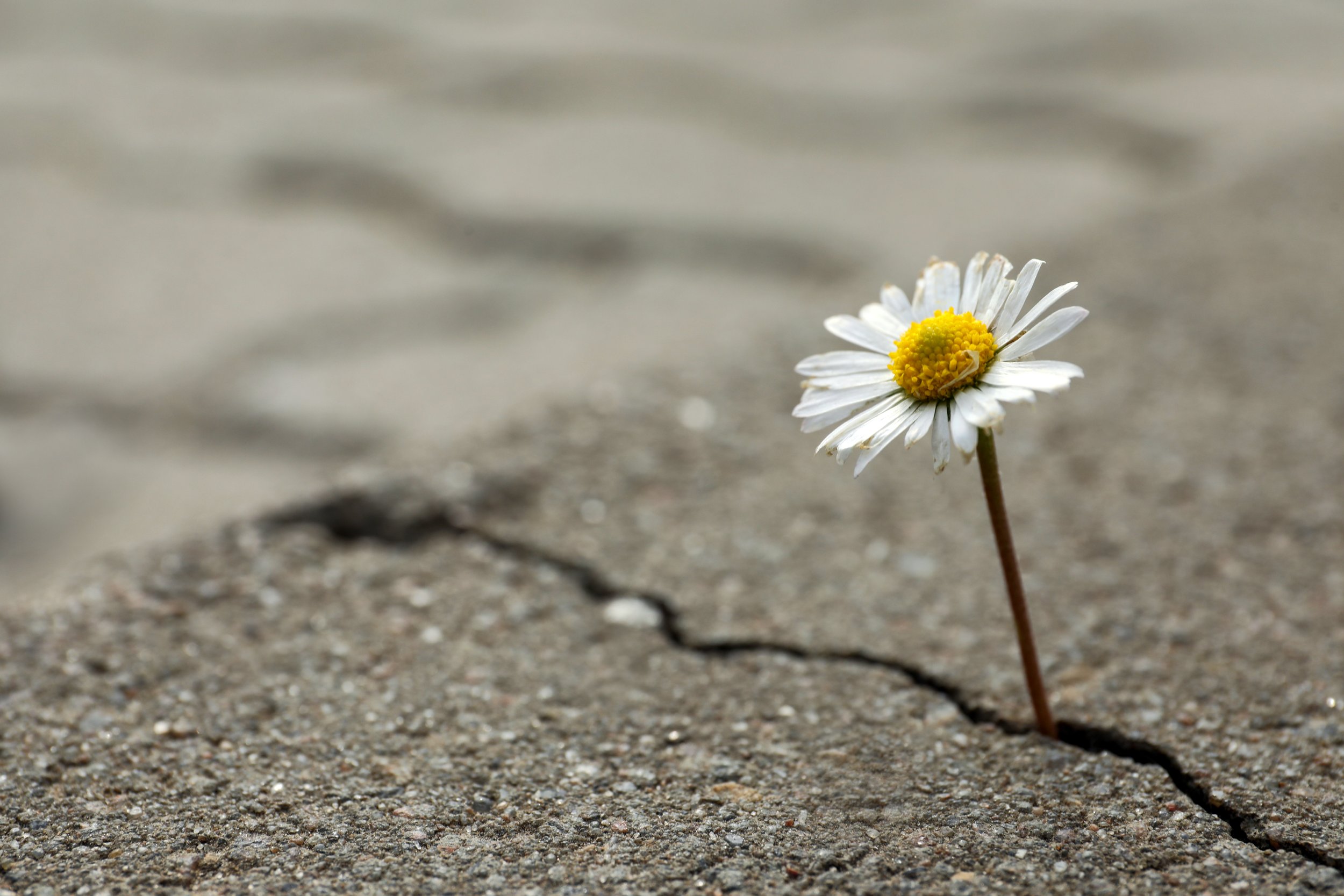Last spring, I found myself grappling with low levels of resilience, and I couldn’t work out why. I wasn’t particularly busy at work or home, and other than my son’s A Levels hanging over us, I wasn’t dealing with anything particularly stressful. I wasn’t depressed by any stretch of the imagination, but I had a generally low mood, and I felt disproportionately affected by minor setbacks. I continued to force myself to run and exercise but found myself not particularly motivated to put my trainers on.
And then, on a retreat in early summer, I figured out why. The problem wasn’t that I had too much on my plate but that I wasn’t doing enough. I realised that being busy at work and in other areas of my life gave me an energy that made me feel fulfilled and more capable of doing what was needed. I may be sacrificing some leisure time by doing more, but the time I did have was focused on purposeful and enjoyable activities, like my book club, rather than scrolling through Instagram or celebrity news headlines.
I should probably be more specific on the “being busy” - it’s being busy doing meaningful work, which for me is working with clients, collaborating with others on projects, and honing my coaching skills. And with firm boundaries in place to prevent it from becoming overwhelming. Even if you love your work, working too many hours will impact your resilience - and even if your working hours are reasonable, spending them on tasks that don’t seem to add any value to anyone can also be draining.
Resilience is the ability to bounce back after a setback, and tips for improving resilience abound online. Resilience coaching is one of the fastest-growing coaching specialisms. Advice comes from medical professionals, celebrities, social influencers and everyone in between. More recently, there has been an “anti-resilience” movement, as noted in Bruce Daisley’s book “Fortitude”, which critiques the traditional “resilience orthodoxy” before putting forward a different set of characteristics that help you press forward when things get difficult.
So, with all the conflicting advice out there, I’m unsure whether I should add more! All I am really qualified to talk about is what worked for me, so my one piece of advice, as I’m discovering with most things in life, is that it's about knowing yourself.
The energy needed to confront challenges isn't just physical but also emotional, spiritual, mental, and social. My physical energy wasn’t deficient, but my mental and social energies were.
I recognised that I needed the right balance of three components in my life:
Activity - Engaging in meaningful tasks that contribute value, whether at work or home. This supports my mental energy.
Balance - Allocating time to solitary activities that give me spiritual and physical energy. For me, this is reading, yoga, practising my faith, and just spending time quietly in nature.
Connection - Spending time with other people who inspire and invigorate me. This is my social energy source.
Interestingly, it was probably the last one that was the biggest problem. Evenings and weekends were good, but I was spending most of the day alone, so I increased the time I went to a co-working space.
In an ideal world, I would try to get the right balance of all of these in a day, but doing it over a period of 2-3 days feels more realistic. I am also mindful of the dangers of too much of one area! If I’ve been with large groups of people for a couple of days, then the connection element needs to fade into the background for a while!
So, I encourage you to take some time today to stop and notice how you’re feeling.
If it's not quite where you want to be, what energy source do you need to replenish today?
And how will you be able to do that?
It doesn't have to be time-consuming, but knowing who we are and what helps us to be resilient leaders is an investment that pays off!



